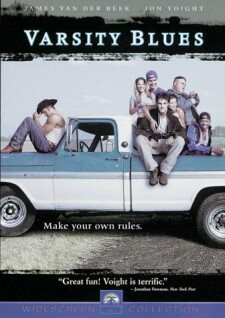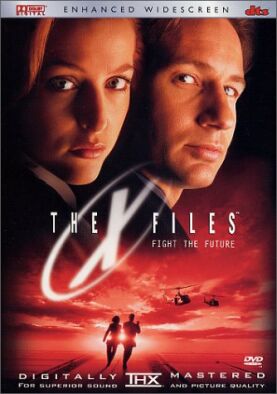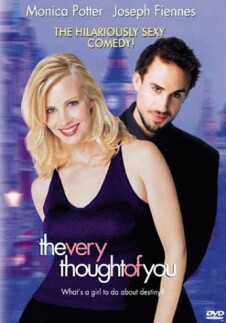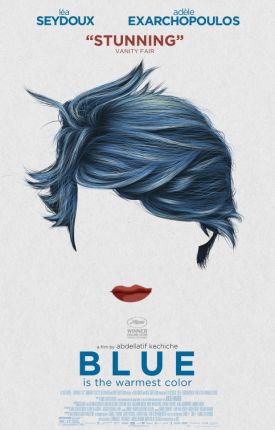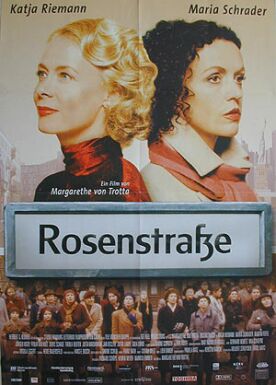Proposal, The
The standard ratings notice at the end of the New York Times review of Anne Fletcher’s The Proposal reads as follows: “The Proposal is rated PG-13 (Parents strongly cautioned). The film has the line, ‘Show her who’s boss.’ Enough said.” Enough said indeed! It helps to know that the “her” in question is publisher Margaret Tate (Sandra Bullock), the actual, literal, workplace boss — very much so, in fact — of executive assistant Andrew Paxton (Ryan Reynolds) whom, for complicated legal reasons but no hint of a sentimental one, she decides to marry. You’d think, therefore, that the degree of critical acumen required to spot the irony in a line like “Show her who’s boss” would not be of the highest. But at The New York Times, apparently, they don’t joke about such serious breaches of political correctness. Just imagine what kind of heterodox ideas might be mid-spoused in the brain of your impressionable ‘tween, male or female, by watching such a movie!
Ironically, if you’ll pardon the expression, it is just this kind of lunacy that must, in part, have inspired the makers of The Proposal — a funny but slight and ultimately disappointing movie. In her new book, A Vindication of Love, Cristina Nehring writes that “we inhabit a world in which every aspect of romance from meeting to mating has been streamlined, safety-checked, and emptied of spiritual consequence. . .We imagine that we live in an erotic culture of unprecedented opportunity when, in fact, we live in an erotic culture that is almost unendurably bland.” Well, “bland” is one word for it. But it is that bland erotic culture that has, I think, given rise to The Proposal, whose opening-weekend popularity with audiences is accounted for by the Times as manifesting “a hunger in the marketplace for a female-driven movie.” Boy! The Gray Lady’s feminist fervor just never quits, does it?
I suppose that, in some sense, all romantic comedies are “female-driven” — though as Rob Base & DJ E-Z Rock once put it, “It takes two to make a thing go right/It takes two to make it outta sight.” That’s another irony, by the way, for it is in the moment when Miss Bullock’s dragon-lady boss confesses a weakness for that now-aged hip hop hit as a sentimental attachment of her girlhood that she and her erstwhile man Friday fall in love for real, as of course we know from the start they are bound to do. Unfortunately, to make this thing go right it takes, in addition to two, a trip to Alaska to meet Andrew’s well-to-do family, including his emotionally estranged father (Craig T. Nelson) and his wacky 90-year-old grandmother (Betty White), an unnecessary sub-plot to do with Andrew’s literary ambitions, numerous additional meet-cutes between the odd couple, an encounter with a male stripper and a pretty-much unbelievable access of remorseful honesty at the altar before we arrive at the inevitable ending.
All these things are mere distractions from what would otherwise be the point, which is, as I say, to try to recapture just a hint of that which we used to take for granted in romance — what Cristina Nehring calls “spiritual consequence.” But, as genuine spiritual consequence seems more elusive than ever in our era of sexual liberation, multiple partners and easy divorce, movies have to find something that can stand in for it. What The Proposal finds is love so blatantly in defiance of probability — Andrew absolutely hates Margaret, you see — that, in a dim light, it is hard to distinguish from that old-fashioned, fated kind of romance which once gratified our thirst for spiritual consequence by arriving in a thunderbolt from the heavens and transforming lives in ways that bordered on the miraculous.
We can’t but be aware, however, that this is not the same as that. With the best will in the world — and I can tell you that my will to believe was very strong — you just aren’t going to be able to buy this turnaround from hate to love, from cruelty to tenderness, from falsehood to honesty. You can see why the film-makers want it and, if you’re anything like me, you’ll want it too. But you can’t fail to notice that it is a fake, and that this doesn’t matter to the film-makers. Ultimately, romantic fiction hasn’t done its job if it doesn’t make us believe that a particular coupling is, as it were, written in the stars. Margaret’s and Andrew’s is too calculated on both sides and, at the same time, too contrived by their creators — Miss Fletcher is working to a script by first-time screenwriter Pete Chiarelli — to strike us that way.
These are people who live in a world that is not the world where such things do happen in spite of the improbabilities but a movie-world designed from the get-go to put the two of them together just because of those improbabilities. The result is a kind of deliberate self-trivialization, a demurral from its own invitation to make a big statement about love in any transcendental sense. Instead, it amounts to an acknowledgment that it seeks only to satisfy a marketplace hunger, if not for “a female-driven movie” then for a driven-female one. Men and women both like to see the ball-breaker woman executive get taken down a peg by an appeal to those softer feelings we know she must be hiding — and, well, shown who’s boss by her attractive underling. Alas, the fact that The New York Times itself has certified the political incorrectness of this scenario is not, by itself, enough to make it a good movie. It is quite funny, however.
Discover more from James Bowman
Subscribe to get the latest posts to your email.



